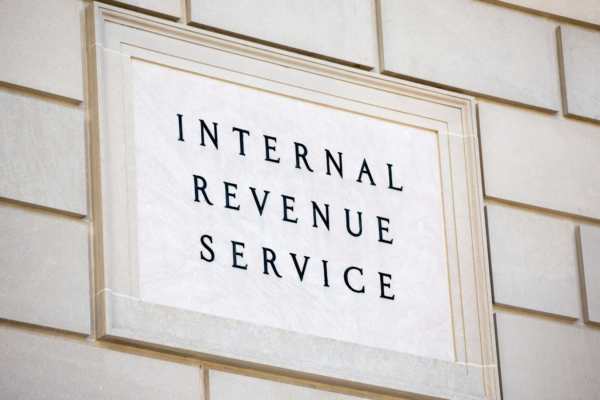At Christianson, we’ve long partnered with participating U.S. biofuel producers in low-carbon programs like the Renewable Fuel Standard (RFS) and ... Continue Reading
Tax
Ask the Experts: the Pre-Election Tax Landscape
Current State of Federal Tax Provisions Several key federal tax provisions, initially introduced by the Tax Cuts and Jobs Act (TCJA), are set to ... Continue Reading
How Renewable Fuel Producers Can Claim Tax Credits for §45Z
To be eligible to claim the §45Z credit for production starting January 1, 2025, a taxpayer must have a signed IRS letter for Approval of Excise Tax ... Continue Reading
John Christianson receives prestigious Merle Anderson Award at 2024 ACE Annual Conference
The American Coalition for Ethanol (ACE) presented its highest award to John Christianson, a pioneer of the renewable fuels industry. The ... Continue Reading
Ask the Experts- Filing An Extension
Joel Gratz, Managing Partner and CPA, and Jonathon Skindelien, Senior Tax Accountant, joined Bill on KWLM during the “Ask the Experts” segment. This ... Continue Reading
What is BOI Reporting?
How BOI Reporting will impact your business and what your next steps could be We have been closely monitoring updates regarding The Corporate ... Continue Reading













